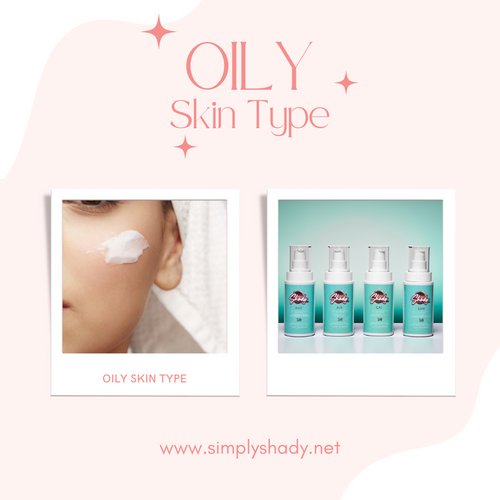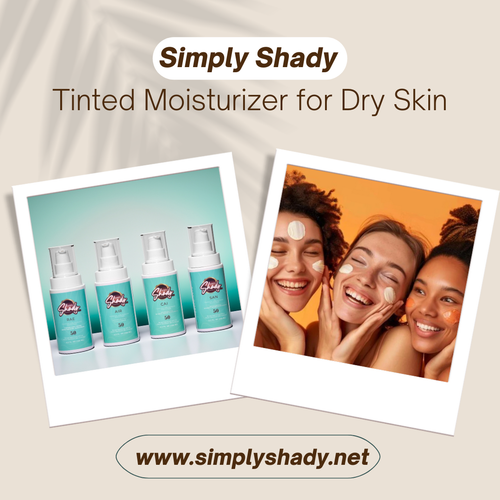
Why Use the Best Tinted Sunscreen? Benefits & Expert Tips
Protecting your skin from the harmful effects of the sun is crucial for maintaining its health and appearance. Sunscreen has become an indispensable part of the skincare routine, while tinted sunscreen provides an added advantage for providing a natural-looking appearance which cannot be attained without this kind of product, during damage done by sun rays. This exhaustive guide will look at the significance of sunscreen, various types of sunscreen, and how to choose the best-tinted sunscreen suited to you.
The Importance of Best-Tinted Sunscreen
The various skin problems that are caused by exposure to ultraviolet light rays from the sun include sunburn, premature aging, and skin cancer. Sunscreens protect your skin from the sun’s harmful rays by acting as a barrier thereby helping in preventing these problems. Regular use of sunscreen can help one to avoid quite several skin damage and have smooth young-looking skin.
Types of Sunscreen
There are two main types of sunscreen: chemical and mineral.
-
Chemical sunscreen absorbs UV rays and converts them into heat, which is then dissipated by the body. Common active ingredients in chemical sunscreens include oxybenzone, avobenzone, octisalate, and homosalate.
-
Mineral sunscreen physically blocks UV rays from reaching your skin. It typically contains zinc oxide or titanium dioxide. Mineral sunscreens are often preferred by those with sensitive skin or allergies to chemical ingredients.
Choosing the Right Sunscreen for Your Skin Type
The best sunscreen for you will depend on your skin type, lifestyle, and personal preferences. Here are some factors to consider:
-
Skin type: If you have oily or acne-prone skin, look for a non-comedogenic, oil-free formula. For dry skin, a hydrating option with added moisturizers may be beneficial.
-
SPF: The SPF (Sun Protection Factor) indicates how long the sunscreen will protect your skin from sunburn. A higher SPF offers more protection but may not necessarily be necessary for everyone.
-
Broad-spectrum protection: Ensure your sunscreen provides broad-spectrum protection, which means it protects against both UVA and UVB rays.
-
Ingredients: Avoid sunscreens containing oxybenzone and octinoxate, which have been linked to environmental concerns.
The Benefits of Tinted Sunscreen
Tinted sunscreen offers several advantages over traditional sunscreens:
-
Natural-looking complexion: The tinted formula can help to even out skin tone and reduce the appearance of imperfections.
-
Convenience: Applying tinted sunscreen can be a convenient way to combine sun protection and makeup in a single step.
-
Added benefits: Some tinted sunscreens may contain additional ingredients, such as antioxidants or anti-aging properties.
How to Apply Sunscreen Properly
To ensure maximum protection, follow these guidelines for applying sunscreen:
-
Apply generously: Use a sufficient amount of sunscreen to cover your entire face and neck.
-
Reapply frequently: Reapply every two hours, or more often if sweating or swimming.
-
Protect sensitive areas: Pay attention to sensitive areas, such as your ears, nose, and lips.
-
Check expiration dates: Ensure your sunscreen is not expired.
Tips for Using Tinted Sunscreen
-
Choose the right shade: Select a tinted sunscreen that matches your skin tone for a natural-looking finish.
-
Use a primer: Applying a primer before using tinted sunscreen can help to smooth your skin and improve the product's application.
-
Set with powder: To control shine and ensure the tinted sunscreen stays in place, set it with a translucent powder.
Common Sunscreen Myths Debunked
There are many misconceptions about sunscreen. Here are a few common myths debunked:
-
Myth: If you have a tan, you don't need sunscreen.
-
Fact: A tan indicates skin damage, and sunscreen is still essential for protection.
-
Myth: Higher SPF means more protection.
-
Fact: While a higher SPF offers more protection, it's important to apply sunscreen generously and reapply frequently.
-
Myth: Sunscreen can cause skin cancer.
-
Fact: Sunscreen is a preventive measure and does not cause skin cancer.
The Best-Tinted Sunscreens for Specific Skin Concerns
-
For acne-prone skin: Look for non-comedogenic, oil-free options.
-
For sensitive skin: Opt for mineral-based sunscreens with gentle formulas.
-
For dry skin: Choose a hydrating formula with added moisturizers.
-
For dark skin: Look for tinted sunscreens that match your skin tone and provide adequate protection.
The Best-Tinted Sunscreens for Different Activities
-
For outdoor sports: Choose a waterproof, sweat-resistant formula.
-
For everyday use: A lightweight, daily moisturizer with SPF can be convenient.
-
For beach vacations: Opt for a high SPF sunscreen with broad-spectrum protection.
How to Save Money on Sunscreen
-
Buy in bulk: Purchasing sunscreen in larger quantities can often be more cost-effective.
-
Look for sales and discounts: Keep an eye out for sales and promotions at your favorite retailers.
-
Consider store brands: Store brands can offer quality sunscreens at a lower price.
-
Tinted Moisturizing Mineral-Based Sunscreen SPF 50: This brand offers a range of tinted sunscreens specifically formulated for all types of skin tones, providing protection and a natural-looking finish.
What is the difference between mineral and chemical sunscreen?
-
Mineral sunscreen: This type of sunscreen physically blocks UV rays from reaching your skin, using ingredients like zinc oxide or titanium dioxide. Those with sensitive skin or allergies often prefer mineral sunscreens to chemical ingredients.
-
Chemical sunscreen: This type of sunscreen absorbs UV rays and converts them into heat, which is then dissipated by the body. Common active ingredients in chemical sunscreens include oxybenzone, avobenzone, octisalate, and homosalate.
Best Tinted Sunscreens (FAQs)
What is the best-tinted sunscreen for dark skin?
Finding a tinted sunscreen that matches dark skin tones can be challenging. However, here are a few highly-rated options:
Are tinted sunscreens good for oily skin?
Yes, tinted sunscreens can be a great option for oily skin. Look for formulas labeled as "non-comedogenic" or "oil-free" to help prevent clogged pores. Many tinted sunscreens also contain ingredients that can help to control shine and absorb excess oil.
How often should I reapply sunscreen?
It is recommended to reapply sunscreen every two hours, or more often if you're sweating, swimming, or toweling off. This ensures ongoing protection against the sun's harmful rays.
Does sunscreen protect against cancer?
Yes, sunscreen protects from skin cancer. Some widely used ingredients have a low effect on causing cancer but can’t be excluded.
Can I use tinted sunscreen as a foundation?
While some tinted sunscreens can provide a decent amount of coverage, they may not be as effective as a full-coverage foundation. If you're looking for a more substantial base, you may want to use a tinted moisturizer or primer in combination with a foundation. However, for a lighter, more natural look, a tinted sunscreen can be a great option.
Conclusion
Protecting your skin from the sun's harmful rays is essential for maintaining its health and appearance. Tinted sunscreen offers a convenient and effective way to combine sun protection with a natural-looking complexion. By choosing the right tinted sunscreen for your skin type and lifestyle, you can help prevent skin damage and enjoy a healthy, glowing complexion.



